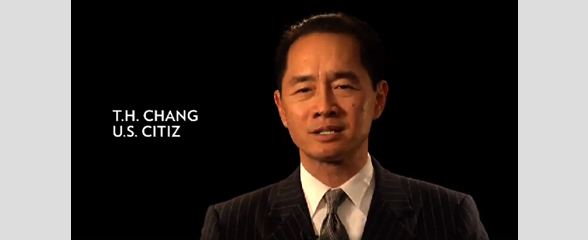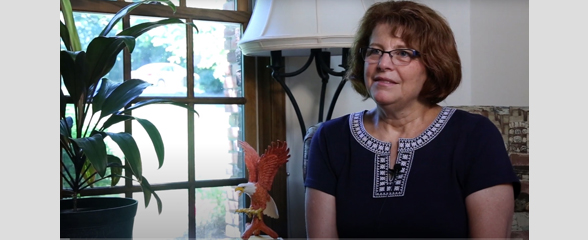Society

2008.041.003 Oral History Interview with Ti-Hua Chang
Ti-Hua Chang is a prominent television journalist based in New York City. He has been awarded the Peabody, Edward R. Murrow, and numerous Emmy awards for his investigative journalism. Chang is especially proud of discovering the four witnesses to the 1963 murder of Medgar Evers, which led to the re-opening of that famous case.
Chang’s father was a renowned journalist who covered various significant events, including the Hiroshima bombing. Chang decided to follow his father into the journalism profession, despite his father’s advice to become a doctor. However, it was difficult for Chang to land a job in television. His friend, Al Itilson, pointed out to him that his Asian identity was probably hindering his job opportunities. As a result, Chang decided to change his name to increase his chances of being hired.
Chang eventually got his first job in Mississippi, where he was able to embrace his full name and identity. He understood the significant impact using his full name has on underrepresented communities. He believes that a journalist’s role is to hold to account the government and give a voice to the people. In January 2009, Chang reported a story on Asian poverty,which highlighted the economic struggles of Asian Americans, particularly immigrants.
Chang concludes by emphasizing the importance of journalism for democracy and the need for diverse voices to accurately portray society. He believes that fewer journalists would be bad for democracy and Asian Americans because, to cover the Asian American story, you would need Asian Americans.

2018.034.004 Oral History Interview with Cindy Lobach
This oral history focuses on People of the Golden Vision’s treasurer and founding member Cindy Lobach, as she reflects on the role of the paper sculptures in the Golden Venture detainees’ eventual release. She discusses how the sculptures have ended up in many unexpected places, which speaks to their lasting cultural impact. Lobach reflects on how the detainment of the Golden Venture refugees and their beautiful artwork changed their supporters and the people of York. She also discusses how the creation of these paper sculptures gave the detainees hope for a better future. Lobach describes these refugees’ difficulties adapting to York and the racist attitudes many people have towards immigrants. She hopes that visitors to the exhibit will be come to understand that many immigrants who come to the United States undocumented do so because they are fleeing persecution and there is no other choice for them. She hopes the exhibit will show the potential of art to change lives.